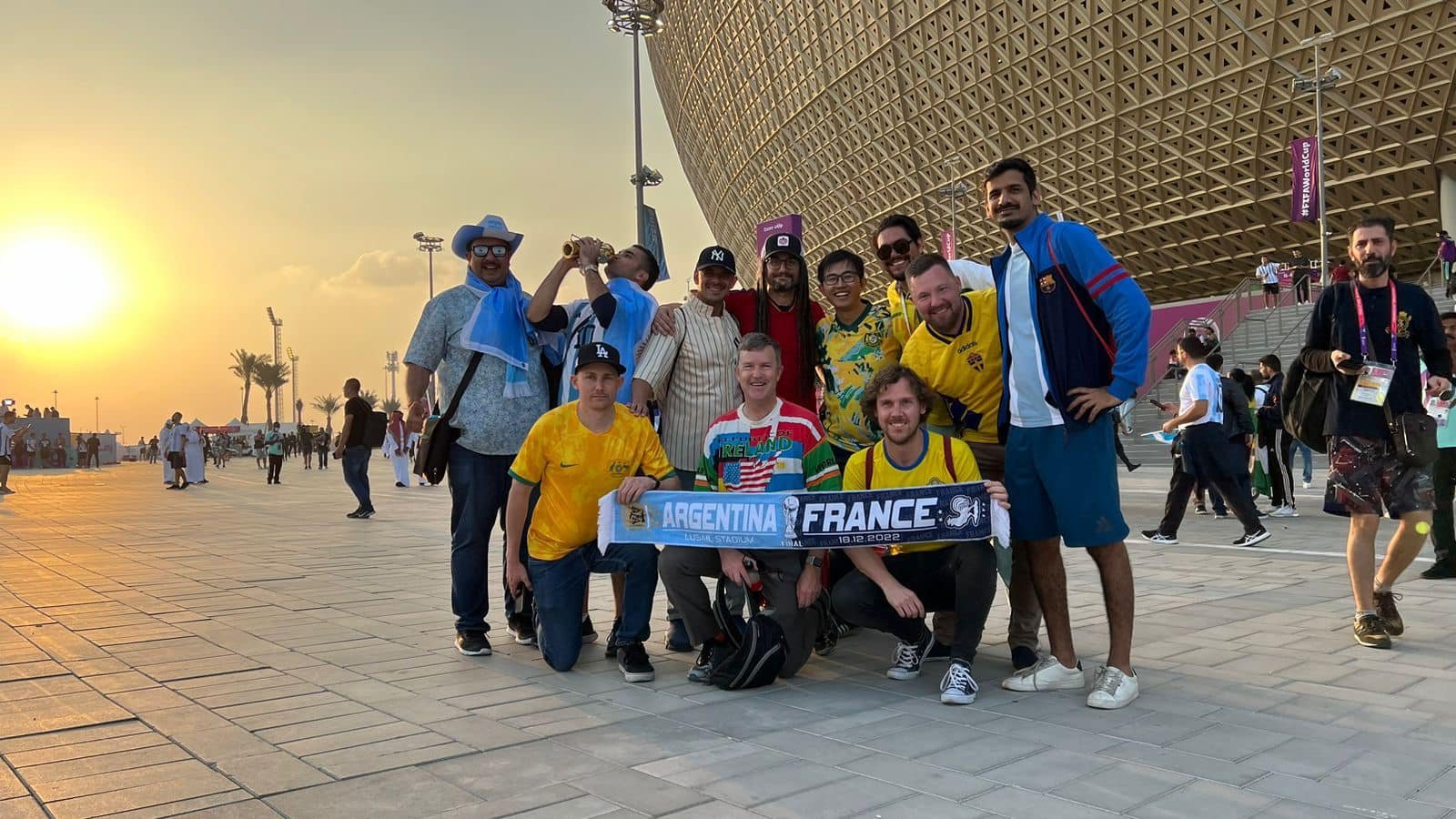
- A WhatsApp group of like-minded fans from across the planet team up on tickets and travel tips so that they can enjoy major international tournaments in person
In 2014, Travis McNamara, now 35 and a police officer in Melbourne, Australia, savoured his first football Fifa World Cup matches live, in Brazil.
But on the last night of what he describes as the best month of his life, he’d hoped to watch a match between France and Ecuador at Rio de Janeiro’s iconic Maracanã Stadium.
Tickets were extremely hard to come by and so he made a “Tickets wanted” sign, in Portuguese, and stood at the stadium’s railway station for hours.
Disappointingly, fans with deeper pockets had the same idea.
“I ended up watching the game at a nearby bar with a local Brazilian girl I’d just met,” says McNamara.
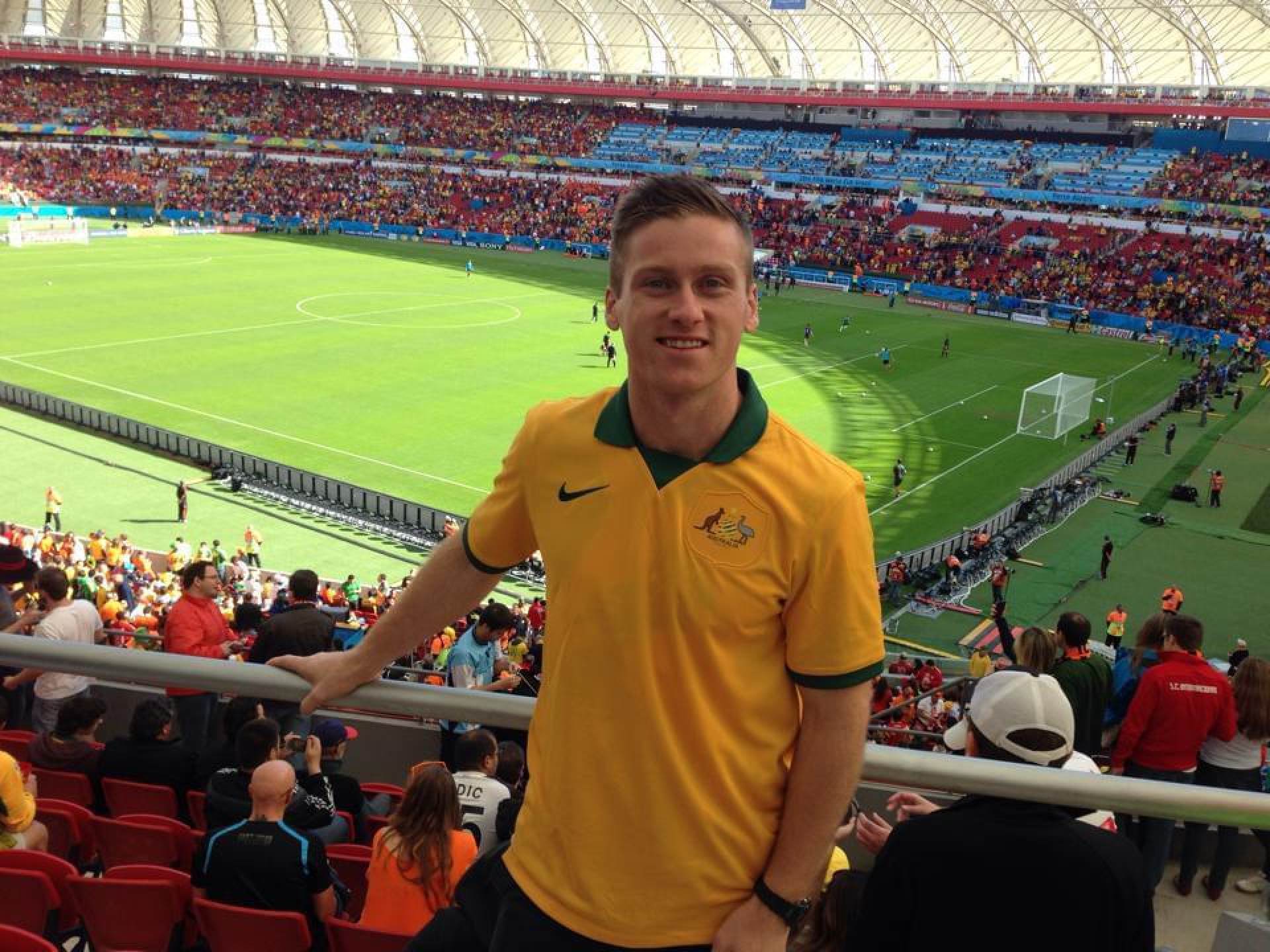
When he decided to attend the 2016 European Championship, in France, he was determined to obtain all his tickets beforehand. McNamara would occasionally log onto BigSoccer, a messaging forum where fans would discuss the game.
There, he discovered a discussion thread about tickets – specifically where fans could buy or offload them.
“The thread was unfortunately littered with scammers looking to make a quick buck,” he says. “But there were also what appeared to be a small handful of football fans who were happy to sell tickets to other like-minded fans at face value.”
US$685 a night for a 3-star hotel? Paris prices soar for 2024 Olympics
Inspired, later that year, McNamara created a WhatsApp group for genuine fans. He invited 20 people who he knew were passionate about football to join the group.
Within 24 hours, 15 fans – in the United States, Sweden, Britain, Canada, Ireland and Australia – were sharing their excitement for Euro 2016 and swapping their own football stories.
“Many of the group’s members met up in bars in France that summer and it was fantastic to put faces to the names we’d spent months chatting with on WhatsApp,” says McNamara.
The group grew to include friends of the original members, and now has more than 80, including those living in India, New Zealand, Argentina and Egypt.
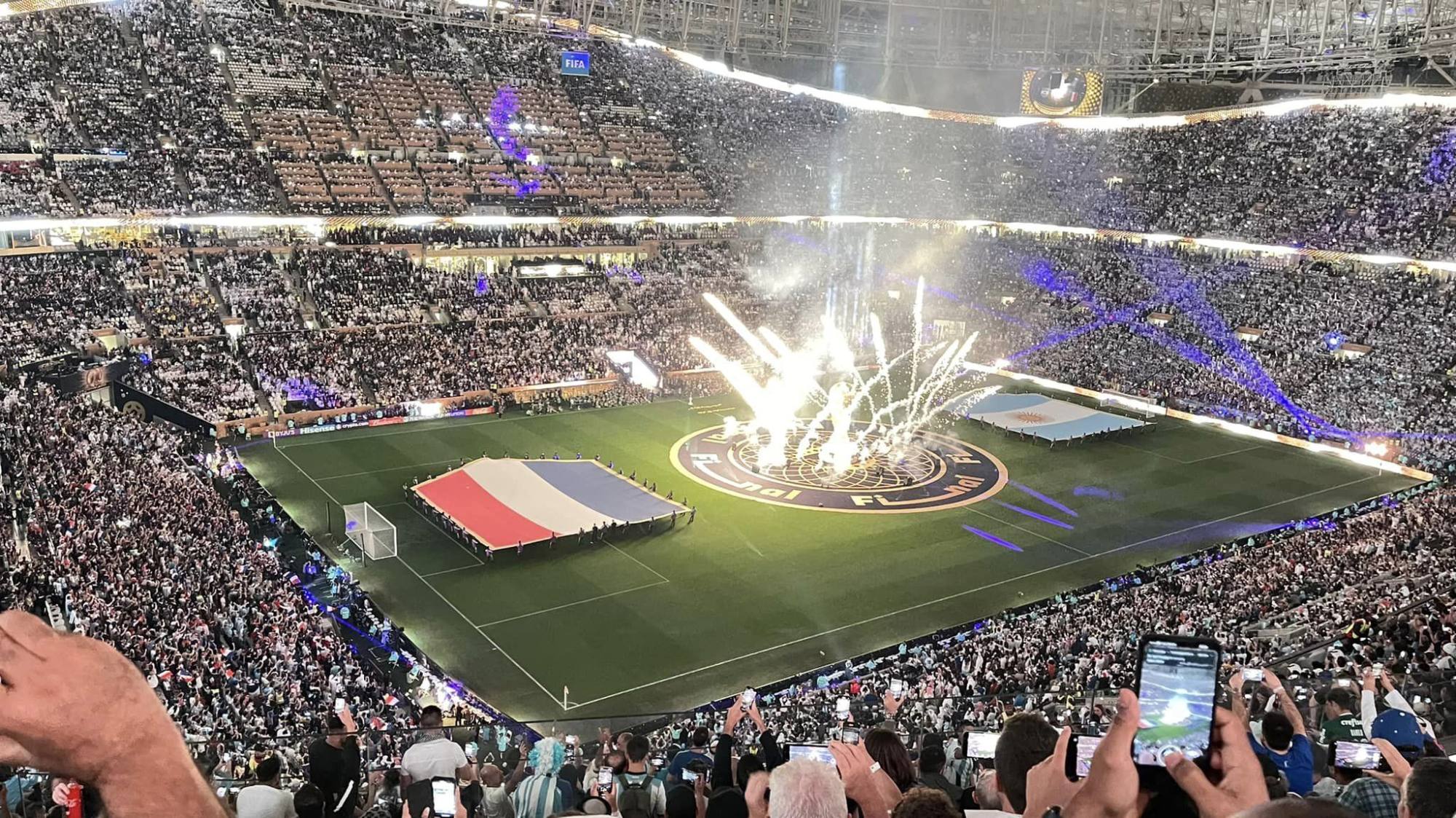
Together, they’ve purchased tickets and looked out for each other at tournaments in Russia (2018 World Cup), Europe (2021; Uefa’s delayed Euro 2020) and Qatar (2022, World Cup; 2024, the delayed 2023 AFC Asian Cup) and Australia (2023, Women’s World Cup), among other places.
Many online groups provide support for football fans. Most popular among them is BigSoccer, with more than 140,000 followers on Facebook, but trivia and banter abound on the likes of Xtratime Football and FootballForums.net.
However, smaller groups such as McNamara’s can better cement friendships and in turn elevate the football experience.
“Football is my family, my life, my everything,” says Luis Orgaz, 51, who is from Spain and works for Santos, an oil and gas company headquartered in Adelaide, Australia.
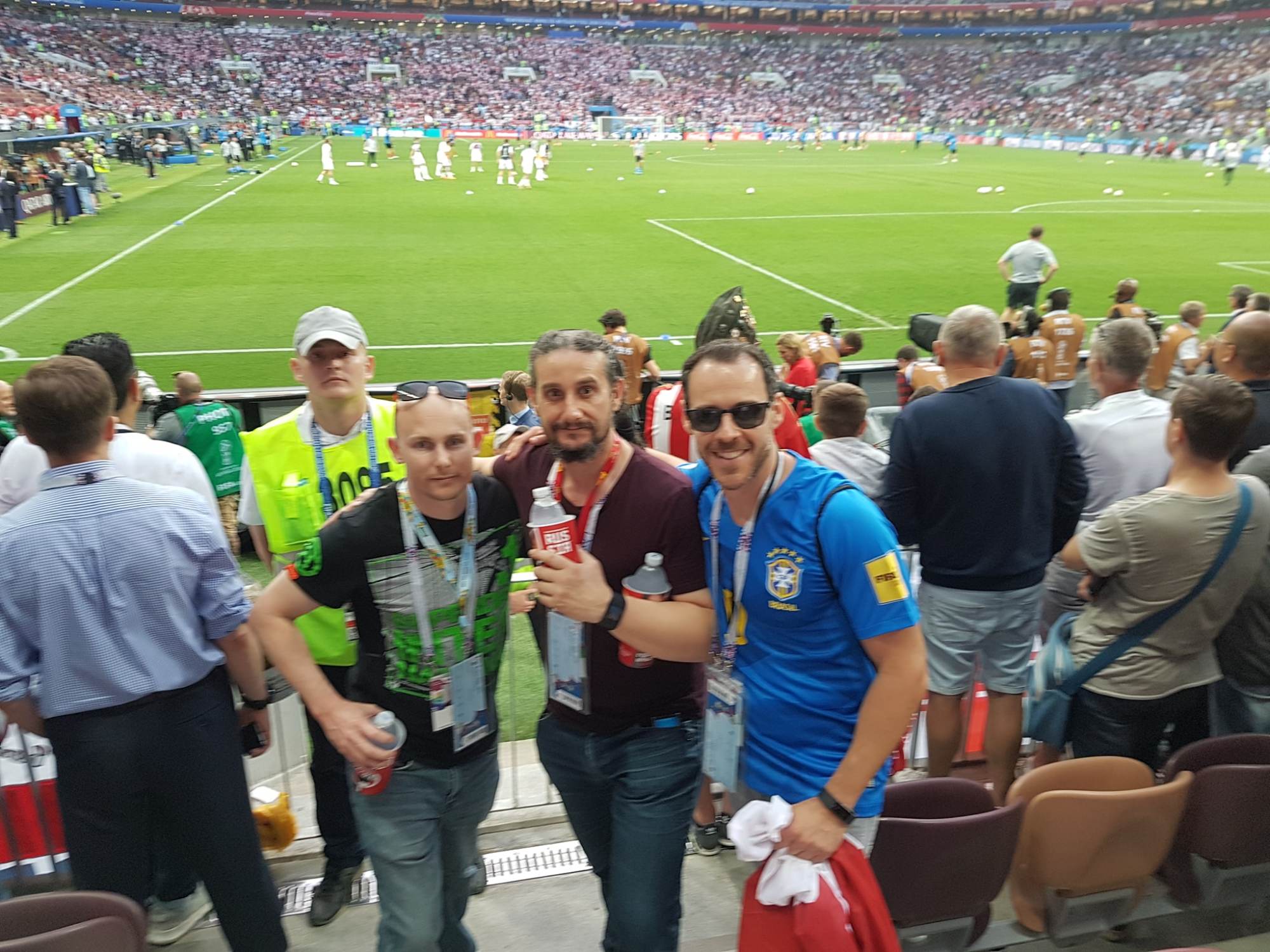
Orgaz has spent more than four decades playing and coaching the sport and was one of the founding members of McNamara’s group.
One of the main objectives of the group, says Orgaz, is to help members secure tickets to matches. They also help ensure that tickets are traded at face value; a thriving black market exists around the big tournaments, with prices rising to as much as nine times their original cost.
There are two ways to buy a ticket for Fifa events: fill out an application online and hope you are lucky enough to be ushered into a purchase portal; or the old-fashioned way – standing in a queue at the stadium on the day before a match with hundreds of other fans.
Having banded together has provided an edge in the lottery phase, says another group member, Akarsh Sharma, 34, a product manager for an insurance aggregator based in New Delhi, India.
“If 100 members of your group are filling in 20 applications each [using the names and addresses of extended family and friends], it exponentially increases your chances of being admitted to the portal to be able to buy a ticket,” he says.

Even if only a couple of members get in, they can buy tickets for the rest.
And the group is highly organised; they maintain Google spreadsheets listing the members who need tickets. It also helps that the group is diverse, with members spread across the globe.
“If it’s 3am in India and 3pm in New York, someone else can grab a ticket for me while I’m asleep,” Sharma says.
To ensure their skills in securing tickets are not taken advantage of, the only way into the WhatsApp group is if an existing member vouches for you.
We’re all well-travelled and provide a lot of tips, from booking hotels, cars, restaurants and the dangerous or over-crowded hot spots to avoidLuis Orgaz
A mutual friend introduced Vivek Luthra, a distributor of fast-moving consumer goods in the Indian city of Mysore, to the group in February 2018. With the members’ help, he was able to get tickets to his first World Cup that year, the semi-finals (in St Petersburg and Moscow) and final (Moscow) in Russia.
“Our group members are technical whizzes, and are adept at the art of booking tickets quickly through the first-come-first-served category,” he says. They also secure tickets from fans outside the group who have spares or who no longer want the ones they’ve bought.
Impressed with the trust and generosity of the group, Sharma says, “I’ve tried to pay it forward.”
In 2019, for Euro 2020, he obtained more than 50 tickets – worth US$7,000 – for friends on his credit card. The others transferred the money to him immediately but Covid-19 restrictions pushed the match into 2021, with fresh ticketing, and so he was lumbered with the arduous task of securing 50-plus refunds.

Members also help each other out with logistics and planning – such as navigating a new host city during a tournament – and share meals and accommodation whenever possible.
“We’re all well-travelled and provide a lot of tips, from booking hotels, cars, restaurants and the dangerous or over-crowded hot spots to avoid,” says Orgaz.
Luthra is an avid trekker and has scaled the Himalayas in India and Nepal. His international travel, however, is associated only with football and so the friendships he’s made through the group have ensured that he is never lonely and that there’s always someone to reach out to in case of trouble.
Like Luthra, Naru Sato, originally from Tokyo, Japan, and who moved to New York when he was seven, plans most of his international travel around football matches.
“On the BigSoccer forum, I was talking to people in 2014, during the Brazil World Cup. One of the members […] also lived in New York. We met in person and he’s the one who introduced me to the group,” says Sato, who works in the tech industry.
“I met a lot more members during the Qatar World Cup [than during the Russia tournament] because it was easier to navigate – get food, drinks and watch the game together,” he says. Qatar’s seven stadiums were all within 50km (31 miles) of each other.
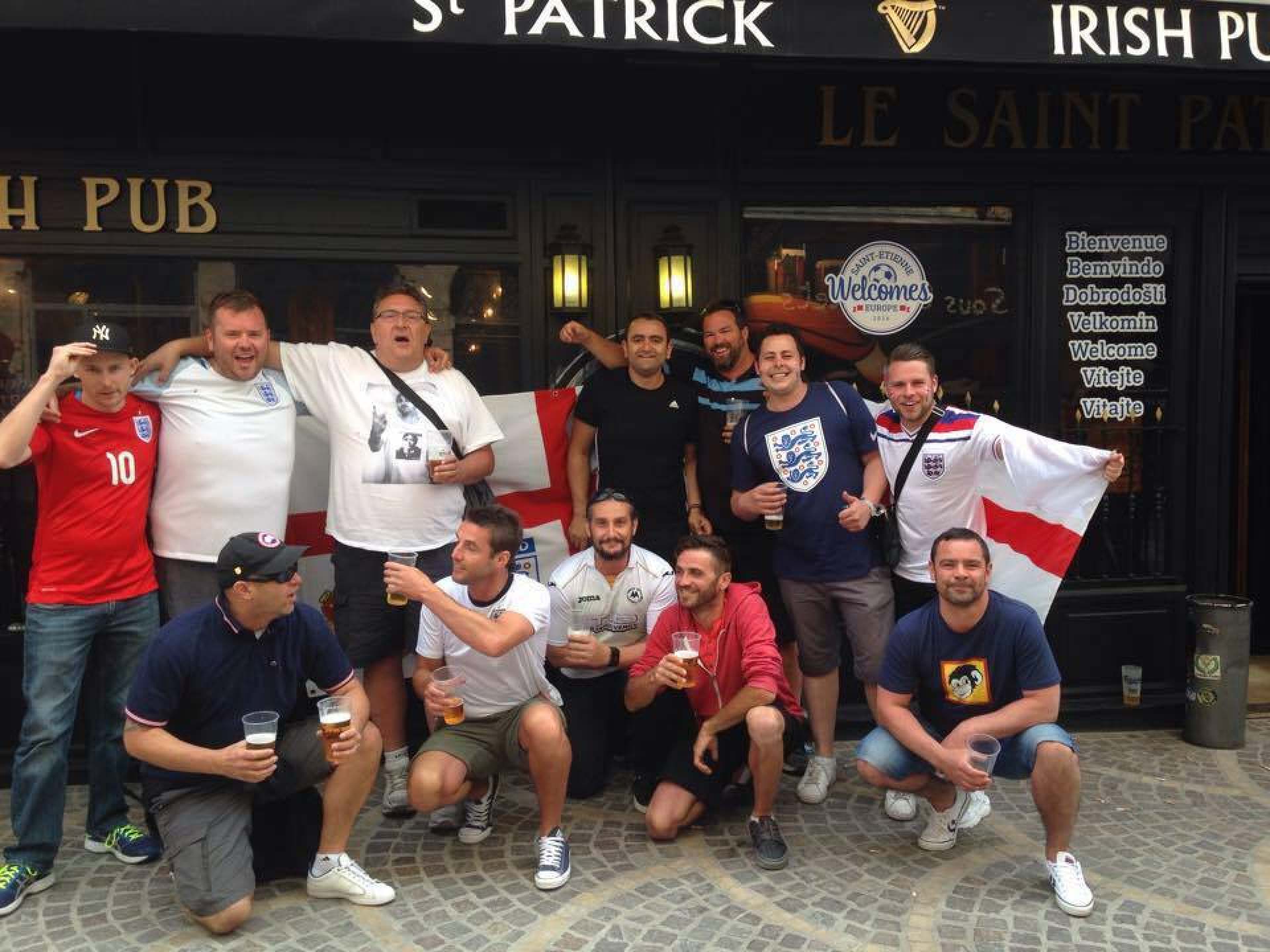
However, says Sato, “The great thing about the World Cup is that there are so many people from different countries and cultures. You can learn a lot if you interact; so don’t just stay in your circle – get to know others.”
Fan zones and local bars are fantastic places to meet like-minded people and during major tournaments the atmosphere can in some cases be better than that in the stadium.
The WhatsApp group members apply for visas and start planning logistics sometimes years ahead of major tournaments. They recommend booking hotels that offer free cancellation as much as 12 months in advance – accommodation costs rise closer to the date, if any is even still available.
Luthra says he saves money for months before a tournament and that need has been a motivation to grow his business.
Sharma estimates his costs for the Qatar World Cup were around US$2,000: US$430 for a return flight from Delhi to Doha; US$600 for the cheapest category of tickets to the final, US$350 for the cheapest tickets to the semi-finals; five nights’ accommodation at US$70 per night; US$25 for food for each of the six days; US$120 on football-related souvenirs; and US$5 on travel insurance.
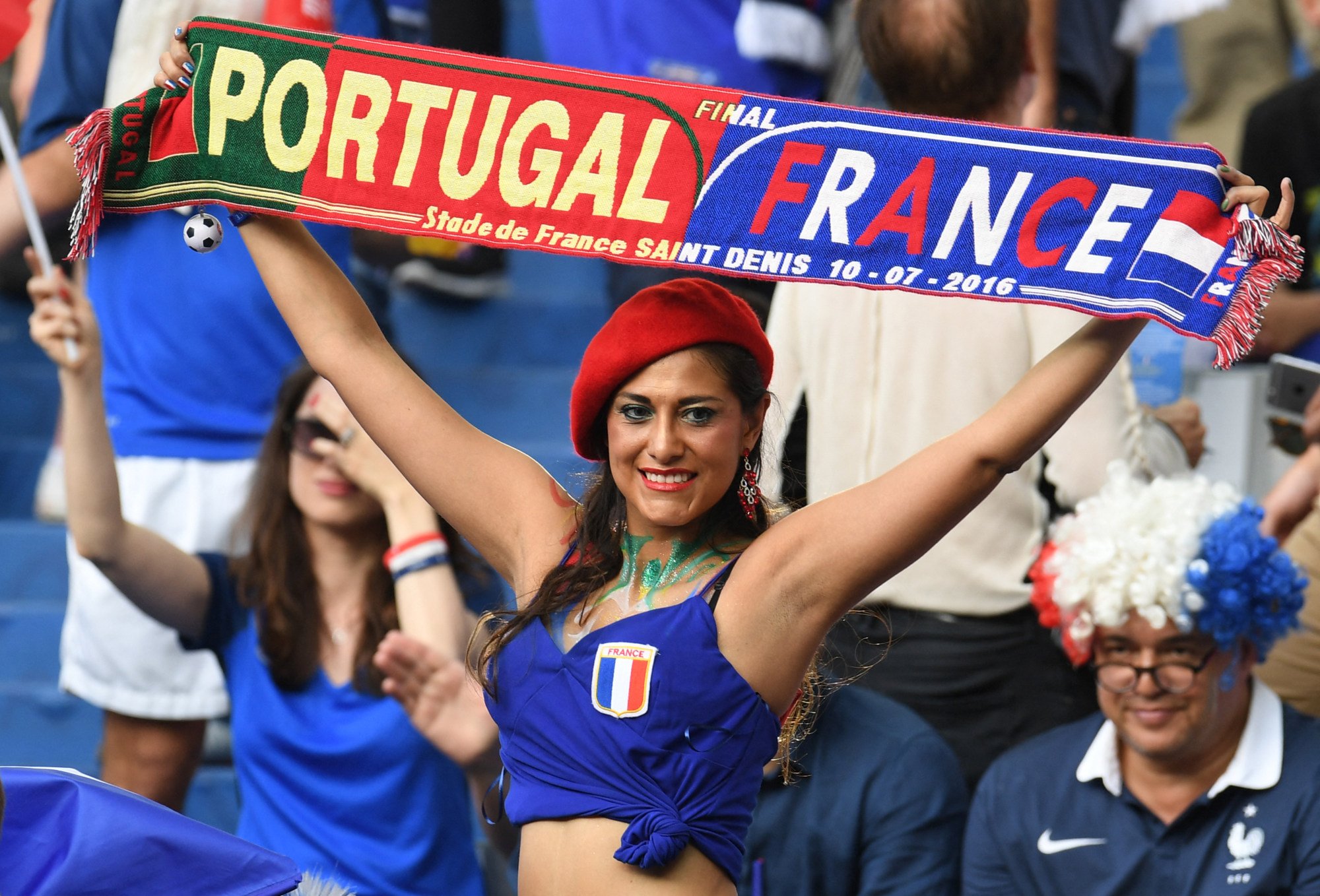
All being well, Sharma will currently be at the 2023 AFC Asian Cup, the tournament having been delayed from last summer and also being held in Qatar.
He was planning to stay close to central Doha or near a metro station, perhaps around Souq Waqif – the central market, which gets very crowded with football fans before and after matches – or in West Bay, an upmarket modern area near the sea.
“You’ll get cheaper hotels further away from the Corniche and Souq Waqif, and great apartments in areas like Rawdat Al Khail. These are residential areas and not very touristy.”
To keep costs down in larger countries, group members suggest using Skyscanner.com to book domestic flights separately – not as part of international flight booking – and buying a local sim card immediately upon landing in the host country, to save on international roaming charges.
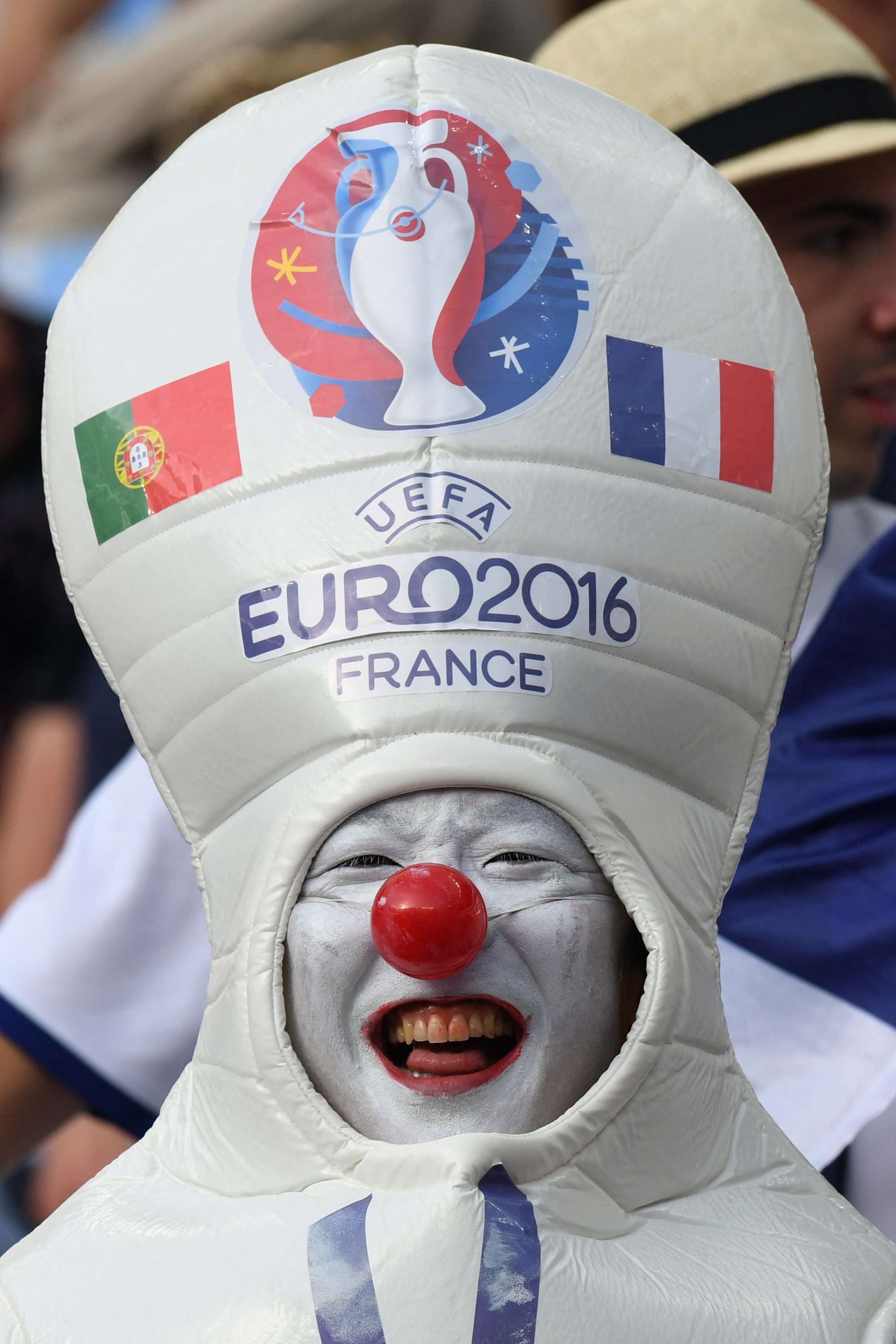
McNamara says his passion for football has grown with the group he started.
Not long ago, he wasn’t even interested in the sport.
In 2010, while the World Cup was taking place in South Africa, McNamara, who was then living in Britain, travelled on a cruise down the coast of Croatia with four of his closest friends.
Each night, the boat would dock at a different port and they would have dinner and watch football with the locals.
“The excitement was contagious and I found myself suddenly hooked,” he says.
How hotels letting guests ‘check in and out whenever’ are breaking the mould
Since then, “I’ve enjoyed making memories with guys from all over the world, from all walks of life,” says McNamara. The daily banter and the intense memories they’ve shared have drawn them closer.
“I watched Vivek [Luthra] tear up when he saw [Lionel] Messi at his finest in Qatar,” says Orgaz. “He will take that memory into the afterlife, smiling all the way.”
One last piece of advice from the group: don’t try to travel to too many matches or cities during a tournament. Pick a city or region as a base and attend a match every few days while enjoying the surroundings on the days in between.
“Travelling long distances between games can become quite fatiguing and stressful,” says McNamara.
Luthra says 50 members of the group are planning to fly to Germany in the summer, for Euro 2024. Of the 10 host cities, they will aim to base themselves either in Berlin or Munich, but will make their final decisions once they get hold of match tickets.

